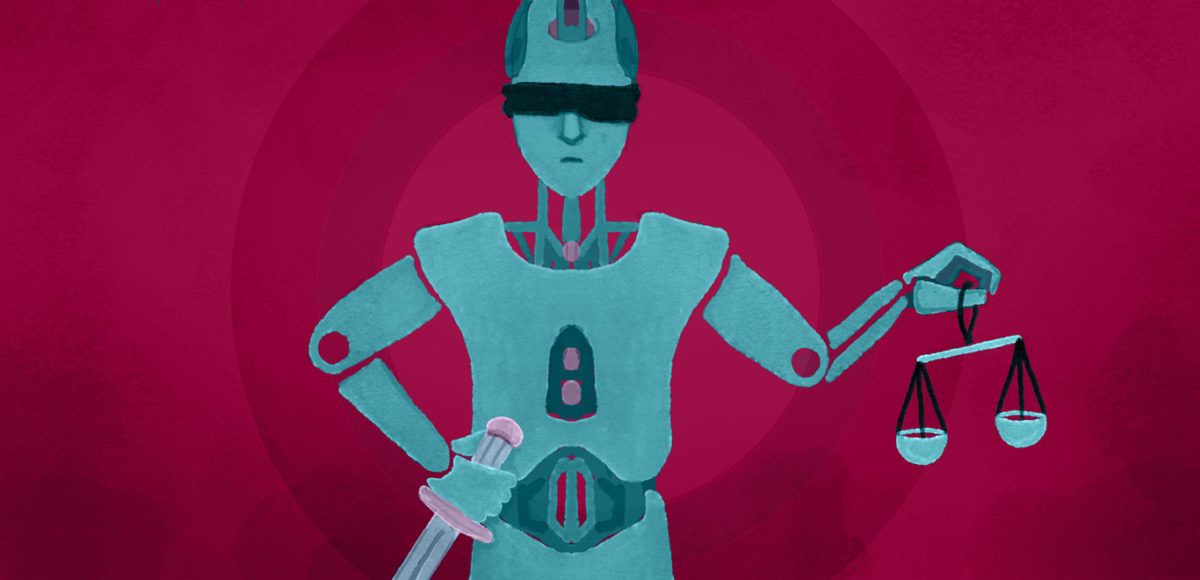Conditio Humana’s editor-in-chief and Carnegie Council Senior Fellow Alexander Görlach discussed global ethics and AI with the Carnegie Council for Ethics in International Affairs.
In the big picture of civilization, there is Francis Fukuyama’s post-Cold War essay “The End of History?” and Samuel Huntington’s thesis about “The Clash of Civilizations“. These two theories have seen repeat analysis and discussion since their inception as we try to determine which road society has taken. Fukuyama maintains that countries previously untouched by democracy are becoming democratic and that history is viewable as an evolutionary process. Huntington’s view hypothesizes that in the post-Cold War world, cultural and religious identities will be the primary platform for war and conflict between “the West and the Rest”.
Empathy is a central concept in discussions regarding the future of liberal democracy and ethics. Empathy, and a lack thereof, has led to far-right politicians such as Matteo Salvini and the popularity of the Alternative für Deutschland party in Germany as well reactionary politics regarding the European migrant crisis. We are currently engaged in a debate about democracy and the rule of law. When we take a look at the 2016 elections in the United States and Donald Trump, we see an admiration for a “strong man” and tough leadership, despite the track record that these types of personas and their oligarchical power control negatively affects the economy.
Racism has also taken a new guise of cultural resentment and the belief that certain cultures cannot adapt or be compatible with democracy. This belief of cultural inferiority affects the spread of human rights-centered standards and the global discourse about democracy. Lack of empathy also leads towards an inability for reasonable conversations between political parties and conflicting belief systems.
Intertwining nationalism with a lack of empathy creates and enables powder keg situations such as the Uyghur detention in Xinjiang re-education camps. This dangerously toes the line of genocide and has already crossed a line which potentially requires international intervention. In accordance with the theories about the future of civilization, China’s government must make a choice about which camp it will enter and if they will strive for liberal democracy and higher degrees of freedom.
Discussions about the future of civilization must now also include discussions about artificial intelligence. AI, automation, and all that comes with it, will change the face of democracy and with luck, it will positively influence the global quality of life and potential for upward mobility.
Automation will require a change to capitalism as we know it. It is unknown whether this change will take the shape of universal basic income, as Democratic candidate Andrew Yang suggests, or in increased funding for universal education and health care. Our society’s empathy and efforts towards equality will be a major decision maker.
AI will also inevitably cause culture and identity shifts, most likely in the realm of religion and the need for religions to adapt to humanity’s new prolonged lifespans. While cultural Christianity is still mainstream in Western Europe, surveys such as the one by the PEW Institute in Washington show that religion in practice is on the decline. While most of our cultural rites of passage are structured around our religious identities, the future may shift and give us new identities and milestones.
Just as the Industrial Revolution changed the landscape of the world, its politics, and the lives of humans, so too will the automation revolution. If we want our future to take the direction of higher standards of equality, the center must be “the human” and focus on benefiting the human condition instead of profit margins or industries. The ideal democracy must be about its people and not its profits.

 | Technology, AI and ethics.
| Technology, AI and ethics.

